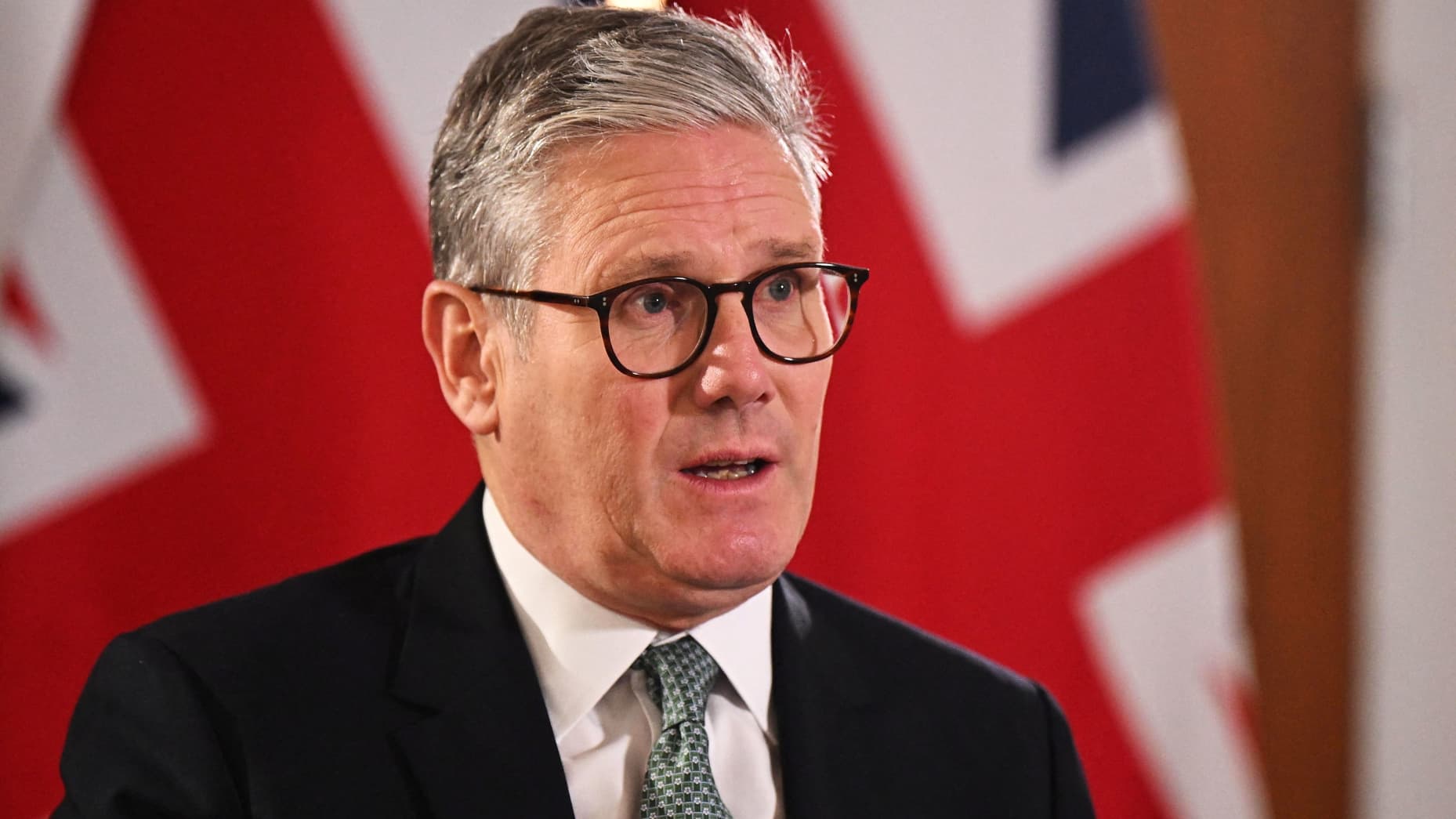
Recently, British Prime Minister Keir Starmer (Keir Starmer) said in an interview with the United Nations General Assembly that the United Kingdom will increase the development of national computers in order to become a world leader in the field of artificial intelligence. In recent years, the development of artificial intelligence has been increasing day by day, and each country is developing artificial intelligence to varying degrees, which shows that the development of artificial intelligence is of great significance to the development of any country.
Prior to the advent of AI, many industries and workflows relied heavily on manual operations, which led to inefficiencies. Tasks such as repetitive labor, data entry, and collation on a production line are time-consuming, labor-intensive, and error-prone. The development of artificial intelligence has significantly improved these problems. It automates tedious, repetitive, and low-value tasks, freeing up human resources and increasing productivity. For example, robots replace humans on the production line for precise operations, reducing errors and waste. It also enables more efficient resource allocation and process management, processes and analyzes large-scale data, extracts valuable information and insights, and supports enterprise decision-making and makes decision-making more accurate.
Given the importance of AI in national development, it makes sense that the UK is committed to becoming a global leader in this field. To a large extent, the progress of artificial intelligence reflects the improvement of the country's comprehensive national strength. The UK aspires to play a leading role in global AI governance to develop and advance a series of developments that are both in its own interests and promote its own comprehensive national strength, and to enhance its influence in the international arena.
However, technique is a double-edged sword. Under the bright prospect of the development of artificial intelligence, there are also some hidden problems. While enjoying the convenience brought by science and technology, people are also invisibly affected by the development of science and technology. The widespread application of artificial intelligence has led to a change in the employment structure, with machines and AI gradually replacing some traditional jobs, and some workers may be at risk of losing their jobs, especially those engaged in low-skilled, repetitive work. The development of AI also comes with data privacy and security concerns. With the increasing amount of data processed and analyzed by AI systems, how to ensure the security and privacy of data has become an urgent problem. While pursuing the development of artificial intelligence, these issues must be seriously considered and solved. Strengthen data protection and privacy legislation to ensure that AI systems comply with relevant laws and regulations when processing and analyzing data, and protect individual privacy and data security.
In short, the future of social development is inseparable from the progress of artificial intelligence, but we must understand that the progress of anything has its duality. Artificial intelligence is like a double-edged sword, and the huge potential behind it is gradually being explored and exploited, however, the difficulties and problems it raises must not be ignored. In the process of promoting the progress of AI, we need to establish scientific and reasonable policies and laws to deal with the advantages and disadvantages of AI fairly. At the same time, it pays attention to the impact of AI on the job market and social structure, and helps workers improve their skills and adapt to the impact of AI on the employment environment. Strengthen data protection and privacy legislation, establish a sound data security supervision system, and ensure that AI systems operate on a legal and compliant track.

The European Commission released a package of measures for the automotive industry on Tuesday (December 16th), proposing to relax the requirements related to the "ban on the sale of fuel vehicles" by 2035.
The European Commission released a package of measures for …
Venezuela's Vice President and Oil Minister Rodriguez said …
On December 16 local time, the Ministry of Space Science Ex…
Recently, a highly anticipated phone call between the defen…
Right now, the world's major central banks are standing at …
Recently, according to Xinhua News Agency, the news of a tr…